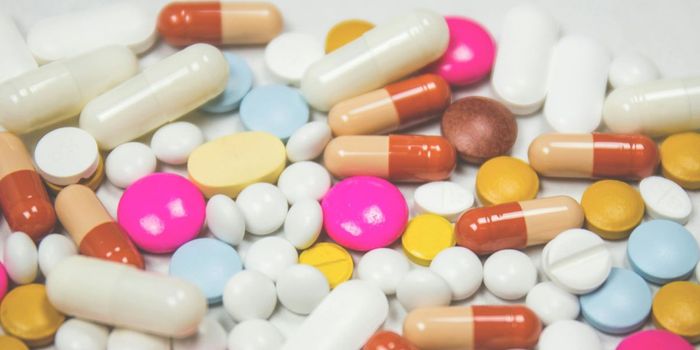Ultra-Processed Foods Dangerous for Patients with Diabetes
A new study published in the Journal of the Academy of Nutrition and Dietetics has shown that ultra-processed foods may pose a unique danger to patients with diabetes by causing higher average blood glucose levels.
The cross-sectional study included 273 African American adults who had been diagnosed with type 2 diabetes and who were participating in an ongoing clinical trial. The participants provided two 24-hour dietary recalls from a weekday and a weekend as well as a blood sample to measure their HbA1c. HbA1c is a measure of average blood glucose levels over the past 2–3 months. Based on their dietary recalls, participants were given scores for how healthy their diets were and how many processed foods their diets contained. The goal of the study was to see whether dietary scores and levels of processed foods were associated with differences in HbA1cs.
The results showed that eating more processed foods was associated with having a higher HbA1c. However, dietary health scores did not seem to be associated with changes in HbA1c. Participants who ate the highest levels of minimally processed and unprocessed foods tended to have a lower HbA1cs than average, and people with fewer processed foods in the diets were more likely to have healthy HbA1cs.
The authors of the study noted that people with more ultra-processed foods in their diet tended to have worse control of their blood sugar. Ultra-processed foods are foods that have been highly manipulated and usually contain additives that were either derived from other foods or industrially synthesized. Examples of ultra-processed foods include diet sodas, regular sodas, packaged crackers, packaged baked goods, flavored potato chips, and more. High consumption of ultra-processed foods has been previously linked to a variety of health issues, including cardiovascular disease, depression, anxiety, obesity, sleep disorders, and early death.
Sources: Journal of the Academy of Nutrition and Dietetics, Science Daily








